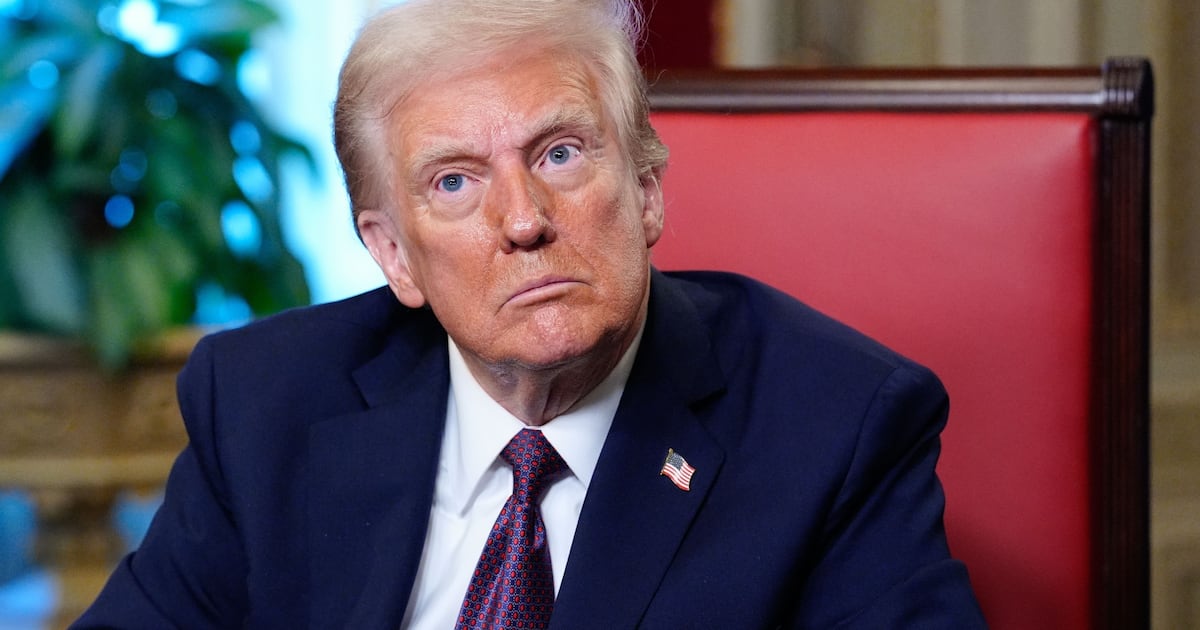In his first week in office President Trump has made good on his threats to dismantle diversity, equity and inclusion programmes â not just in the federal government but also in the private sector.
In less than 48 hours, the newly inaugurated US president has signed a series of executive orders aimed at ending DEI programmes, including directing government departments and agencies to âtake strong action to end private sector DEI discriminationâ and calling for civil investigations on companies that are identified as having such programmes.
The orders place DEI employees in the federal government on leave (with terminations expected to follow) and discourage private companies receiving government contracts from expliciting aiming to hire individuals from marginalised backgrounds.
Trump also revoked decades-old executive orders related to âenvironmental justice,â equal employment, and workplace protections for minorities and members of the LGBTQ+ community.
Even before his return to the White House, Trumpâs election win was viewed as open season for many companies to further distance themselves from DEI language and policies â a trend that had been building over the past two years, particularly following the US Supreme Courtâs decision to overturn affirmative action in college admissions in August 2023.
In fashion, most DEI departments were established in the wake of George Floydâs murder in 2020. While their successes have been uneven, proponents argue these programmes â when done effectively â can help level the playing field for underrepresented groups, particularly in competitive industries like fashion.
In January, Meta joined Walmart in announcing the end of their DEI programmes. Meanwhile, Apple and Costco remain among the few major companies that have publicly doubled down on their commitments to the DEI moniker and related initiatives.

